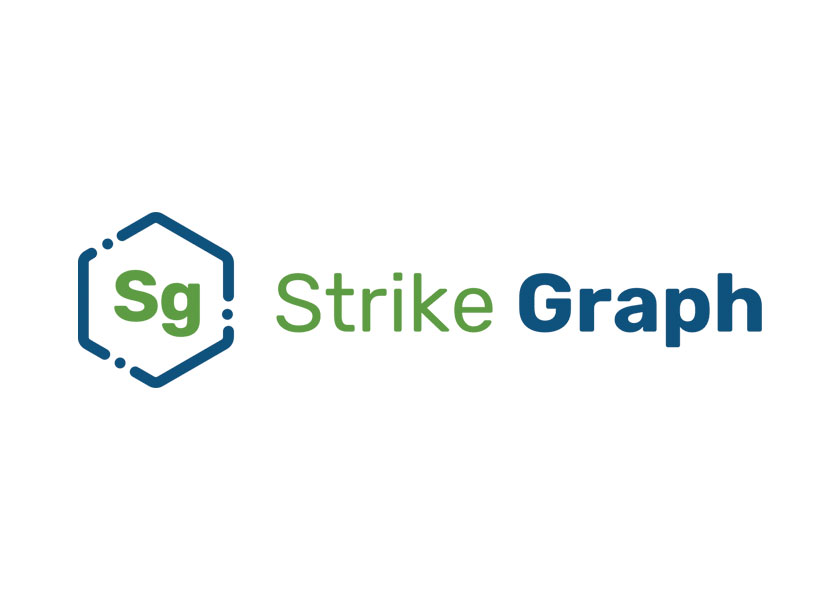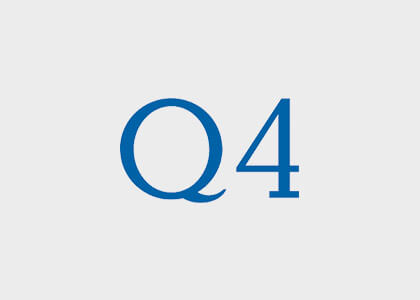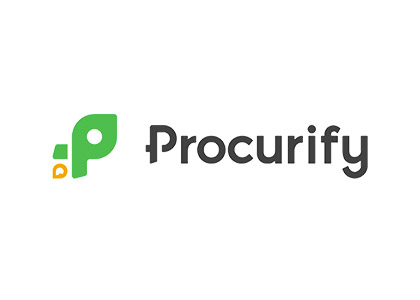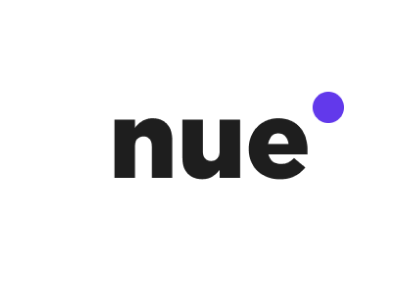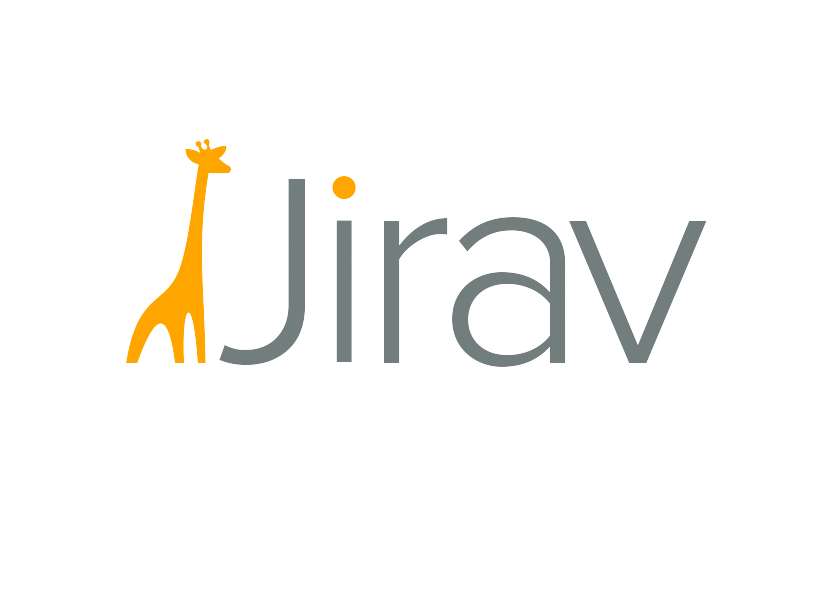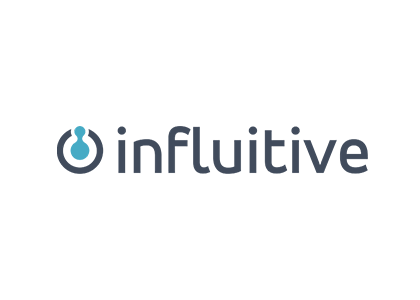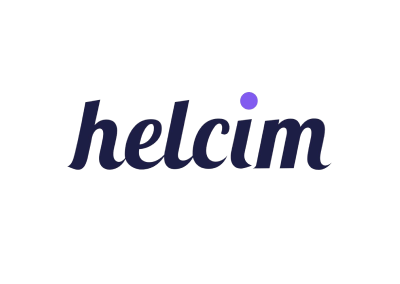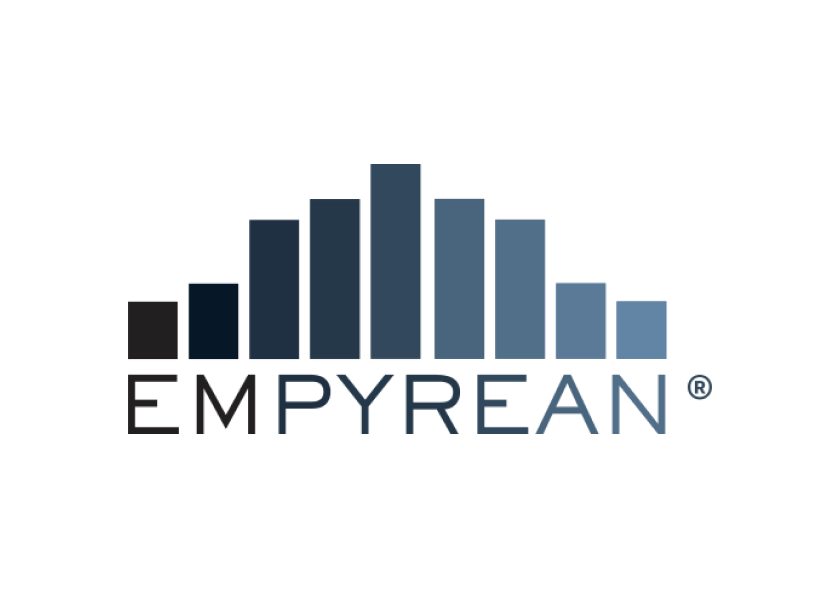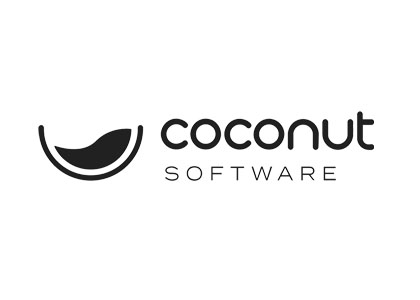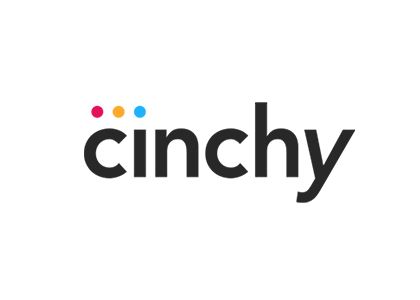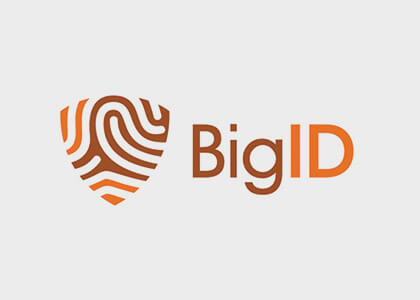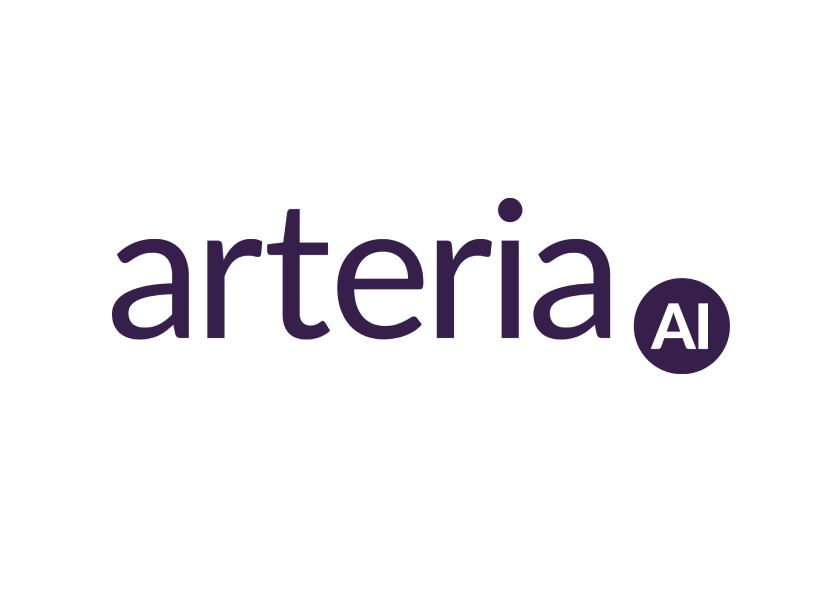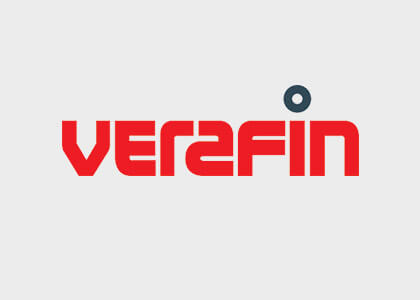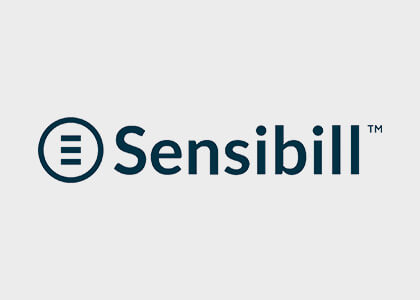COVID Accelerates WealthTech Adoption as Millennials Automate Financial Advisory
By: Rob Antoniades and Hasan Basrai
With wealth technology (WealthTech) startups attracting some $4 billion in equity funding last year, the sector has emerged as a red-hot niche for some of the most successful venture capital firms, according to market data provider CB Insights.
Born from the wreckage of the 2008 financial crisis, WealthTech is a term used to describe the digitization, automation, and increasingly mobile deployment of wealth management solutions. This trend also entails the integration of artificial intelligence (AI) into the investment process.
The COVID-19 pandemic has only accelerated the wealth management industry’s focus on the digital customer experience, along with transparency as it pertains to trading fees and other service costs. With 2020 VC investment into the sector nearly doubling from some $2.1 billion in 2019 WealthTech funding, according to PitchBook data, the industry is evolving at a rapid pace.
Today, WealthTech upstarts like Toronto-based Wealthsimple and Silicon Valley-based Robinhood have captivated millions of new customers and captured tens of billions of dollars in client assets.
These platforms, which cater largely to younger retail investors, have made the investing process transparent, frictionless, user-friendly, and mobile-native.
Collectively, Wealthsimple and Robinhood offer various perks, including the commission-free trading of stocks and funds, automated dividend reinvesting, automatic portfolio rebalancing, and other features.
The low-barrier signup model enabled by certain American WealthTech platforms have enabled millennial investors with easy access to capital markets. These peer-to-peer capital pools defied the wisdom of Wall Street and outperformed some of the most prolific hedge funds during the first wave of the pandemic last year.
While hedge fund managers anticipated that the market would fall further in March, Robinhood investors’ pinpointing of the market bottom was “impeccable,” according to a Societe General analyst report published last Summer.
More recently, WealthTech platforms made waves in the U.S. with the recent GameStop short squeeze that left hedge funds nursing some $70 billion in losses for the year by the end of last month. Again, significant trading volumes during this now infamous ‘memestock’ rally were executed via Robinhood.
Generational Shift
The WealthTech boom is illustrative of a broader technological and cultural paradigm shift that has “decentralized” the traditional relationship between investors, their advisors, and the institutions that intermediate financial advisory.
As millennials – the generation born between the early 80s and late 90s – become more active in financial markets, the smooth-talking brokers – and their 1% “wrap fees”- are fast becoming redundant.
Additionally, millennials, which have also become the most economically productive age group, are set to inherit some $30 trillion in assets from their parents in the next two decades, according to Morgan Stanley research.
This generation grew up at the dawn of the Internet era and have been conditioned to use smartphone technology as the primary touchpoint for every consumer activity. From shopping to transportation, food delivery, and dating, the mobile device, over the last decade, has become the initial and often final conduit for modern consumption.
Mobile technology has made commerce more convenient, efficient, discoverable, frictionless, and instantaneous. In the COVID era, the smartphone has also made financial services safer, mitigating the risk of illness by minimizing the need for in-branch contact between clients and their advisors.
The legacy adviser-client model, where investors scheduled pow-wow time to meet with their broker in his or her branch office, was already fading into extinction as millennials came to prominence in the labor market.
But the pandemic, with its strict social distancing mandates, imposed to varying degrees by health authorities and even law enforcement, may have hammered the nail in the coffin to the retail financial advisory business as we knew it.
Beyond retail, WealthTech is also reshaping more sophisticated institutional trading markets. Illustrating this is JPMorgan Chase’s recent strategic investment in private stock-trading platform Zanbato.
Zanbato enables institutions to seamlessly trade shares of pre-IPO startups on the secondary market. Investing in Zanbato has thus given JPMorgan access to valuable data and price discovery in the market for venture-backed companies, which PitchBook has valued as a $2- trillion ecosystem.
The Rise of Roboadvisors
The WealthTech boom has accelerated the rise of “roboadvisors” like Wealthsimple. In addition to investment allocations, roboadvisors factor investors’ wealth objectives, income, marital status, risk tolerance, and other factors.
According to a survey published by analytics firm Hearts and Wallets last year, one in 10 U.S. households was invested in roboadvisors in 2019, accounting for a combined $330 billion of assets under management (AUM). By 2024, roboadvisor AUM will top $830 billion, according to the report.
Powered by AI, crowdsourced trading strategies, intuitive dashboards, autonomous portfolio management capabilities, and even tax harvesting functions, roboadvisors have democratized investing for millennials and increasingly GenZ.
AI has enabled the rapid-fire analysis of much larger, granular, complex, and high-dimensional data sets than ever before. The accessibility and malleability of high-dimensional big data (HDBD) has thus empowered young investors with a level of personalization and transparency that their parents could have never imagined in their old broker relationships.
These service enhancements now allow the new generation of retail investors to analyze their investment performance metrics more intuitively, enabling clients with enhanced data visibility, freedom, and discretion to make financial decisions that make the most sense.
In wealth management, modern WealthTech solutions have thus enhanced the customer experience, mitigating trust issues that might have otherwise arisen with potentially conflicted human advisers.
Beyond standard retail investment, WealthTech solutions like RobustWealth are also emerging to help people small-and-medium-sized businesses (SMBs) better manage their pension plans. In the midst of a pandemic that has already put roughly 100,000 SMBs out of business, WealthTech for pension management fulfills an in-demand solution for the market.
But nothing has punctuated this new era of WealthTech transformation more, however, than the rise of decentralized finance (DeFi). With Bitcoin continuously notching new all-time highs this year and Ethereum-based DeFi platforms reconstructing the very fabric of capital markets, younger, tech-savvy investors are innovating new ways to generate alpha, reinventing financial services as we once knew them.
Now, the question has become: How will the wealth management industry respond to this paradigm shift? How do you capture the next generation of investors and some $30 trillion of transgenerational wealth they are set to inherit from their parents? What toolsets will they use to arm their financial advisors – and will they still need humans to advise clients?
With their literal existence at stake, legacy wealth management firms have no choice but to embrace disruption today – from roboadvisors to distributed ledger technology. But most importantly, advisers must adapt the customer experience to better reflect the world in which we live, accommodating the new generation of wealth, without disenfranchising older investors.
—–
All figures are USD













